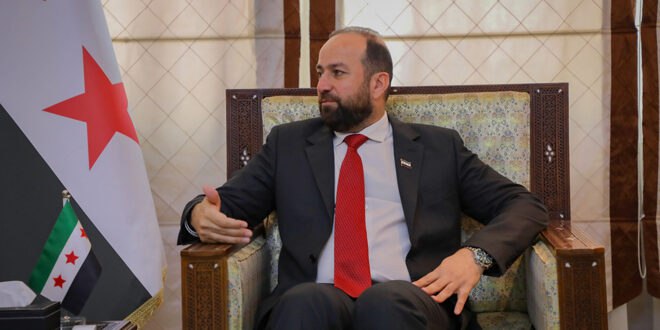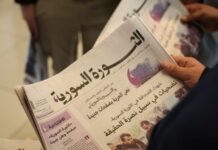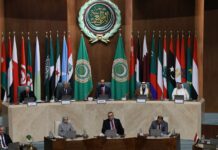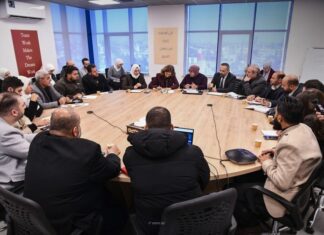
Syrian Information Minister Hamza al-Mustafa issued a statement about the growing danger of misinformation and rumor-based narratives circulating across the country, describing the threat as a significant obstacle to Syria’s fragile path toward political stability.
In a public statement shared on the social platform X (formerly Twitter), Mustafa emphasized that the challenge of digital misinformation is not confined to Syria, but affects even established democracies. He noted that such threats are particularly dangerous in countries undergoing political and societal transitions, where institutions remain vulnerable to manipulation and public trust is limited.
“It is no longer hidden from anyone the imminent danger facing Syria today as it embarks on its path toward stability and political consolidation,” Mustafa wrote. “Hundreds of thousands of fake accounts are working day and night to foster polarization and societal division.”
Mira and Ahmed Case Sparks Misinformation Debate
The minister’s comments came amid a viral social media controversy involving a young couple, Mira Jalal Thabat and Ahmed, whose story briefly dominated online platforms. Claims spread rapidly that Mira had been kidnapped from her institute in Homs and taken to Idlib, where she was allegedly forced into marriage.
However, the individuals at the center of the story refuted those allegations in a series of interviews with Levant 24 and other outlets. Mira stated that she left her family home voluntarily due to opposition to her relationship with Ahmad, which had lasted over two years. She described the decision to marry as consensual and lawful and said the union was officially registered in the presence of witnesses.
Their clarification came too late to prevent waves of speculation, including sectarian interpretations of the couple’s relationship, which some used to inflame community tensions. The incident served as a vivid example of how rapidly false narratives can spread and how such distortions can exacerbate social fault lines in a country still recovering from over a decade of war.
Call for Professionalism and Civil Responsibility
Mustafa urged national and local media outlets to maintain professional standards and refrain from contributing to the spread of unverified information. He emphasized the importance of community partnerships in promoting civil peace and fostering a culture of inclusive citizenship. “Investing in awareness and encouraging rational, inclusive discourse is essential,” he said. “Political differences must be managed peacefully and responsibly.”
He also pointed to global examples where governments have successfully implemented a mix of legal, technical, and editorial tools to combat the spread of misinformation. However, he argued that Syria’s path forward must include not only institutional reform but public education and civic engagement.
As Syria continues its slow transition and attempts to rebuild state authority, the Information Ministry’s warning underscores the increasingly complex role of social media in shaping national discourse. In a country where mistrust and division remain fresh, unchecked rumors risk deepening fractures that institutions alone may struggle to repair.








